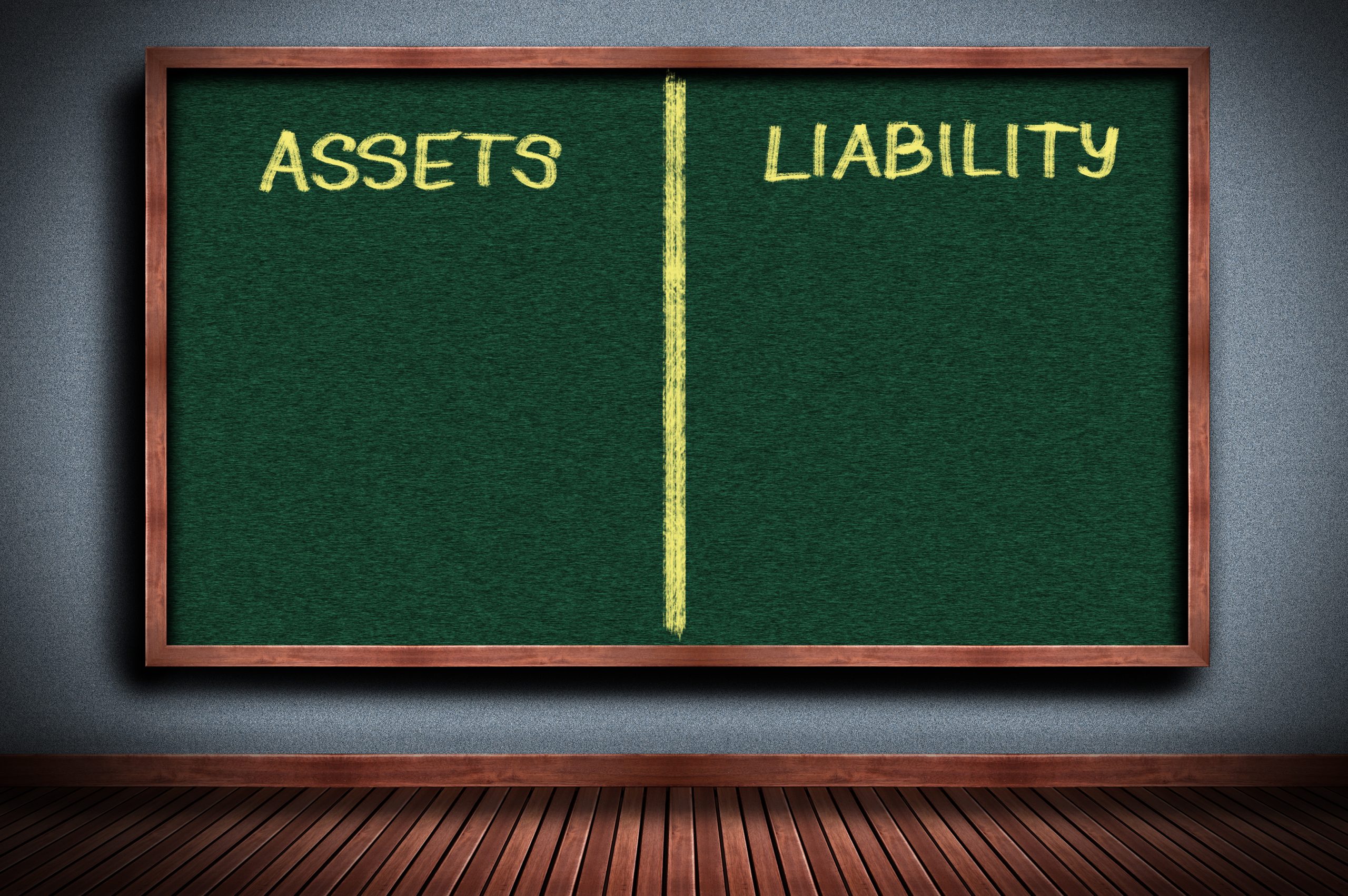Watch our free Division of Assets & Debts video
All divorce agreements must spell out which assets each party is going to keep and which debts each party is going to assume responsibility for paying. We live in a community property state. Normally, when parties divorce, the community property assets and community debts are going to be divided equally in terms of value, while each party keeps their own separate property.
Property that is acquired during the marriage is normally community property, unless it falls into one of the “separate property” categories described below.
Separate property is:
1) any property that you owned before marriage that you still own;
2) Any property you still own that you inherited;
3) any property that you still own that was gifted to you (by your spouse or by anyone else); and
4) property you acquired after the date of separation.
Separate property also includes the rents and profits from separate property. For example, if you entered the marriage with $100,000 certificate of deposit, the interest that certificate earns is your separate property. If you entered the marriage owning a rental house, the net rental income generated by this investment would be your separate property. If you used your separate property to acquire an asset during the marriage, the new asset can be separate property. For example, if you inherited $20,000 during the marriage and then used the money to purchase a car, the car would be your separate property. Separate debt is debt that was incurred prior to marriage. Separate debt also includes debt that was incurred after you and your spouse separated.
Community Property
If an asset does not fall into one of the categories set forth above, it will likely be community property. Debt incurred during the marriage is typically community debt, but there can be exceptions.
Your community property assets and debts do not have to be divided equally. You are both adults. If you want to agree to a lopsided property division, the court will approve that division. Parties to a divorce are free to divide their assets and debts in any way they want, even a lopsided division.
The division of assets and debts can be simple if you and your spouse don’t own much and don’t have much debt. However, if you own a home, have an interest in retirement benefits, own a business, or own other valuable assets, there can be exceedingly complex issues that you must take into consideration before starting settlement discussions. We have included in this website, under other topics, information to educate you on the law regarding some of the more common assets and debts that are typically involved in divorce actions.


